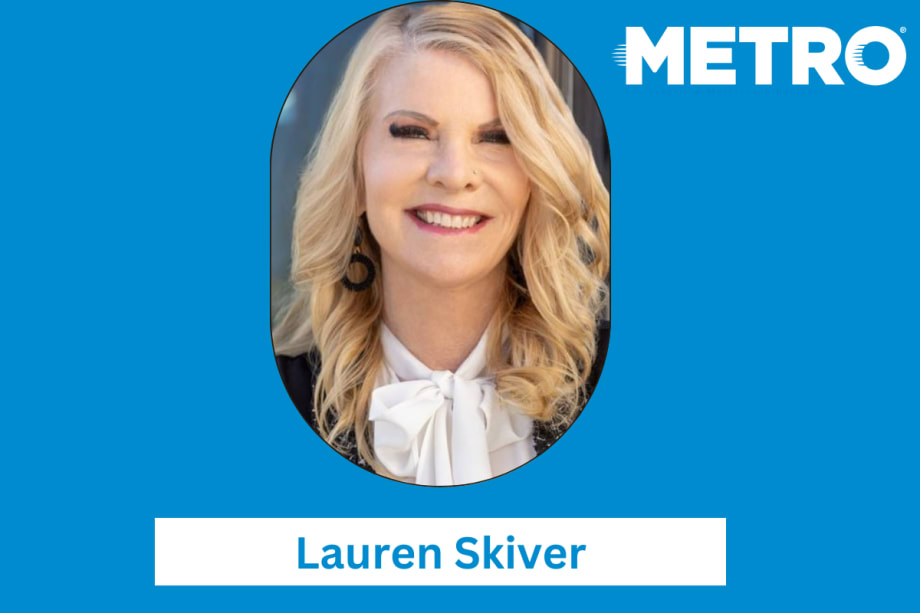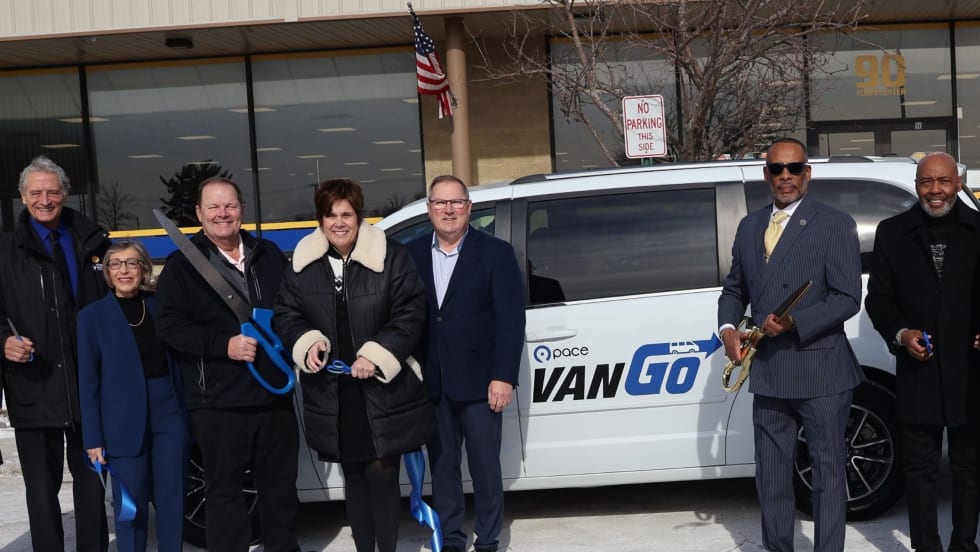Lauren Skiver’s transit career dates back to 1996 when she began as a maintenance clerk at Fla.’s Hillsborough Area Regional Transit (HART). Fast forward to 2023, and Skiver is now the COO at Transdev U.S.
But, the moment that opened Skiver’s eyes to a long career in the transit industry came from her first job at HART.
“The CEO at the time, Sharon Dent, invested time and energy to encourage me to focus my career path toward being a CEO,” Skiver says. “She allowed me to work in every department in the organization, which gave me a solid foundation on how transit operated and how every function supports putting service on the street or on the rails. Frankly, without that early encouragement, I am not sure I would have achieved my goals and landed in so many amazing organizations.”
Skiver calls Dent an “amazing leader and visionary,” as one of the few women leading an agency at the time.
Also working as the chair of leadership of the American Public Transportation Association (APTA), Skiver now shares what she has learned working as a woman in the industry and how agencies can create a more equitable work environment.
Skiver’s ‘Accidental’ Entry to Transit
Skiver’s experience in transit includes serving roles as director, paratransit and customer service, at HART; director, mobility services, at the Maryland Transit Administration (MTA); deputy COO, core services, at MART; CEO of Delaware Transit Corp.; and GM/CEO of SunLine Transit Agency.
While there is no question about Skiver’s passion for transit, her entryway to the industry wasn’t exactly planned.
“My entrance into transit was accidental, but I loved what I was doing from the beginning. I knew that I had a future in transit and wanted to lead an agency,” Skiver says. “I had to move around to get there, but learned so many valuable lessons along the way. Working in large, medium, and small agencies gave me a varied perspective about transit.”
As her career has progressed, Skiver is finding different passions within the industry.
“I have developed a passion for mentoring others,” she says. “I was fortunate to have so many great leaders take time to help me in my career and it gives me immense joy to pay that forward. Over the past 10 years, my passion has centered around the transit industry’s leadership in preserving air quality and the development of clean propulsion systems.”
Creating More Equitable Work Environments
Skiver has gained a lot of perspective working as a woman in the transit industry and knows when an agency has done enough to create an equal space for other women.
“We will know we have done enough when we see it,” Skiver says. “We cannot make it happen with programs and marketing campaigns. We all see more than we hear, and equality is not the written word. It manifests itself in visual change to the leadership and company landscape. It creates a culture of belonging. We will know we have created belonging when transit is seen as an industry that everyone wants to be a part of, as opposed to an employer of last resort for some.”
Skiver says that women tend to be “problem solvers and seek consensus,” and that is something they should not be ashamed of.
“I have learned not to be quiet, but to listen more than I talk,” she adds. “I have become a technician in this business so that when I do speak, I can speak from deep experience and expertise. I have come to realize how amazing both my male and female mentors were in teaching me operations over the years, but I have also had some experiences where some women are not always as supportive of other women as they should be.”
Skiver also shares advice for other women working in transportation:
Create a non-negotiable list.
Consider all the important qualities and priorities of your world when making any career decisions.
It’s OK to say “no” to an opportunity if it does not meet your non-negotiable list.
“As women, we think these opportunities will never come again so we are more apt to defy and take risks on those two particularly crucial factors,” Skiver says. “You will advance, whether it is the first opportunity that comes your way or the 10th, do not sideline what you know is right for you and all that is important to you for the next career move.”














